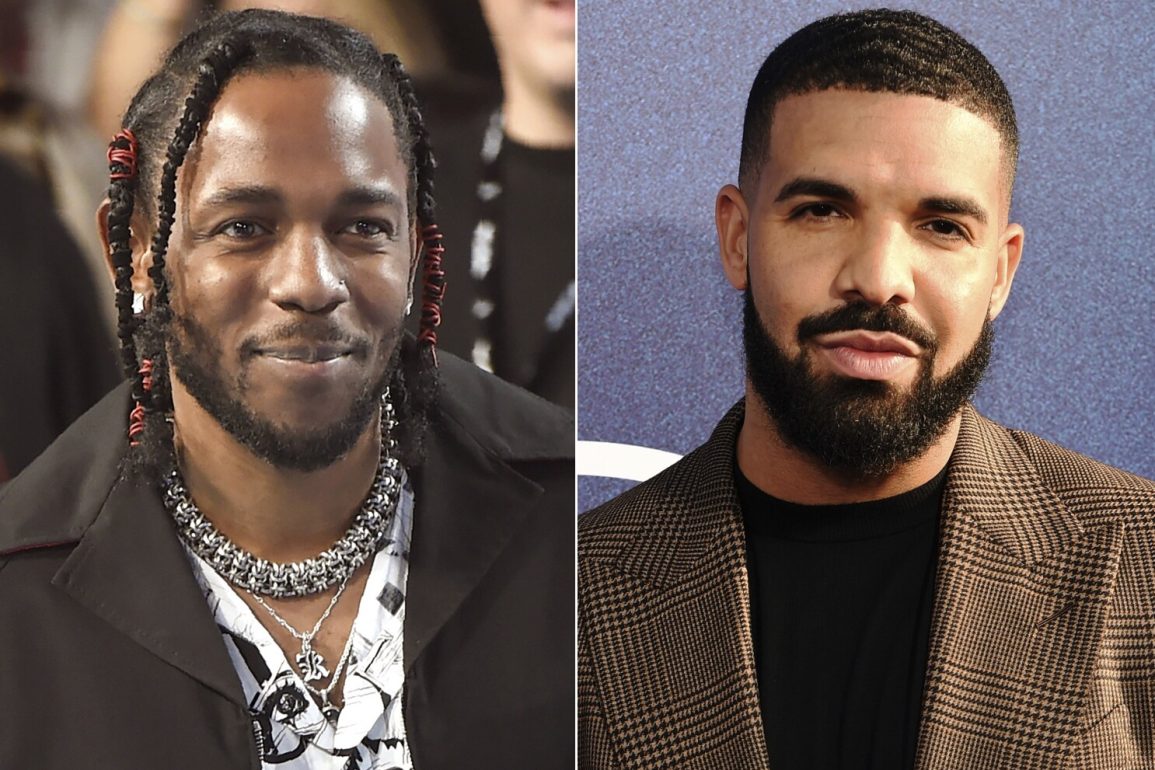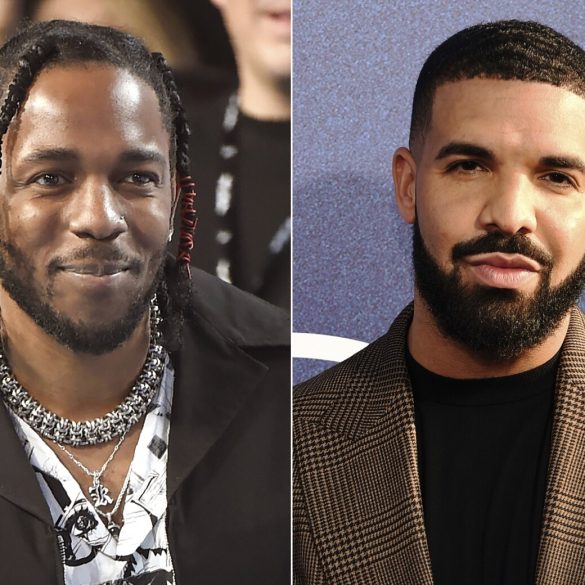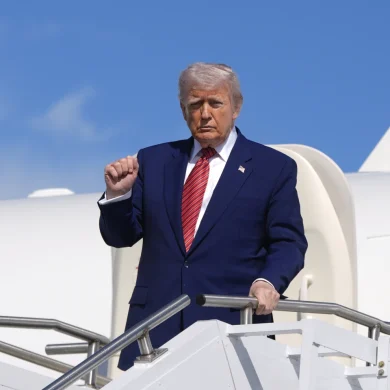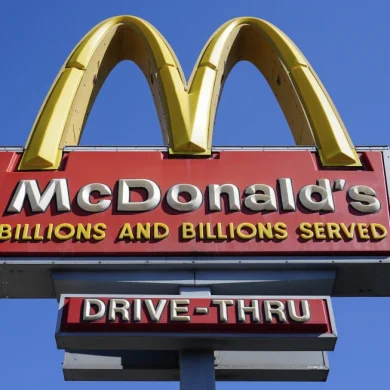Universal Music Group (UMG) is pushing back against Drake’s lawsuit, in which the rapper alleges the label engaged in defamation by releasing and promoting Kendrick Lamar’s diss track, Not Like Us.
After the 38-year-old Canadian artist, whose real name is Aubrey Graham, filed suit, UMG responded on Monday, March 17, with a motion to dismiss, asserting that Drake “lost a rap battle that he provoked” and is now suing “in a misguided attempt to salve his wounds.”
UMG’s Defense: The Rap Battle Was Fair Game
According to UMG, while Not Like Us includes hyperbolic insults, Drake himself has used the label’s platform to release tracks attacking Lamar in a similar manner.
On the track, Lamar, 37, refers to Drake and his associates as “certified pedophiles” who should “be registered and placed on neighborhood watch.” However, UMG argues that Drake fueled the feud, urging Lamar to respond when he felt the diss battle was taking too long.
“Drake encouraged the feud,” the label’s filing states. “For example, when he felt that Lamar was taking too long to respond, Drake released a second recording in which he goaded Lamar to continue the public rap battle. Lamar did just that, and collectively Drake and Lamar released a total of nine tracks taking aim at each other.”
UMG also claims that Drake had no issue when the label promoted diss tracks containing accusations against Lamar. These included allegations that Lamar engaged in domestic abuse and that one of his business partners is actually the father of his son.
“But now, after losing the rap battle, Drake claims that ‘Not Like Us’ is defamatory. It is not,” UMG states in its motion.
Drake’s Legal Claims Under Fire
Drake’s lawsuit alleges that Not Like Us constitutes “second-degree harassment” and that UMG’s promotion of the song violates New York’s general business law.
UMG rebuts these claims, pointing out that Drake previously signed a petition advocating for artistic freedom in rap music, criticizing the criminalization of lyrics in legal cases.
“Less than three years ago, Drake himself signed a public petition criticizing ‘the trend of prosecutors using artists’ creative expression against them’ by treating rap lyrics as literal fact. As Drake recognized, when it comes to rap, ‘[t]he final work is a product of the artist’s vision and imagination,'” the filing states.
The motion continues: “Drake was right then and is wrong now. The complaint’s unjustified claims against UMG are no more than Drake’s attempt to save face for his unsuccessful rap battle with Lamar. The court should grant UMG’s motion and dismiss the Complaint with prejudice.”
Drake’s Legal Team Responds
Drake’s attorney, Michael J. Gottlieb, fired back at UMG’s motion in a statement to PEOPLE, accusing the label of profiting from misinformation that has incited violence.
“UMG wants to pretend that this is about a rap battle in order to distract its shareholders, artists and the public from a simple truth: a greedy company is finally being held responsible for profiting from dangerous misinformation that has already resulted in multiple acts of violence,” Gottlieb stated.
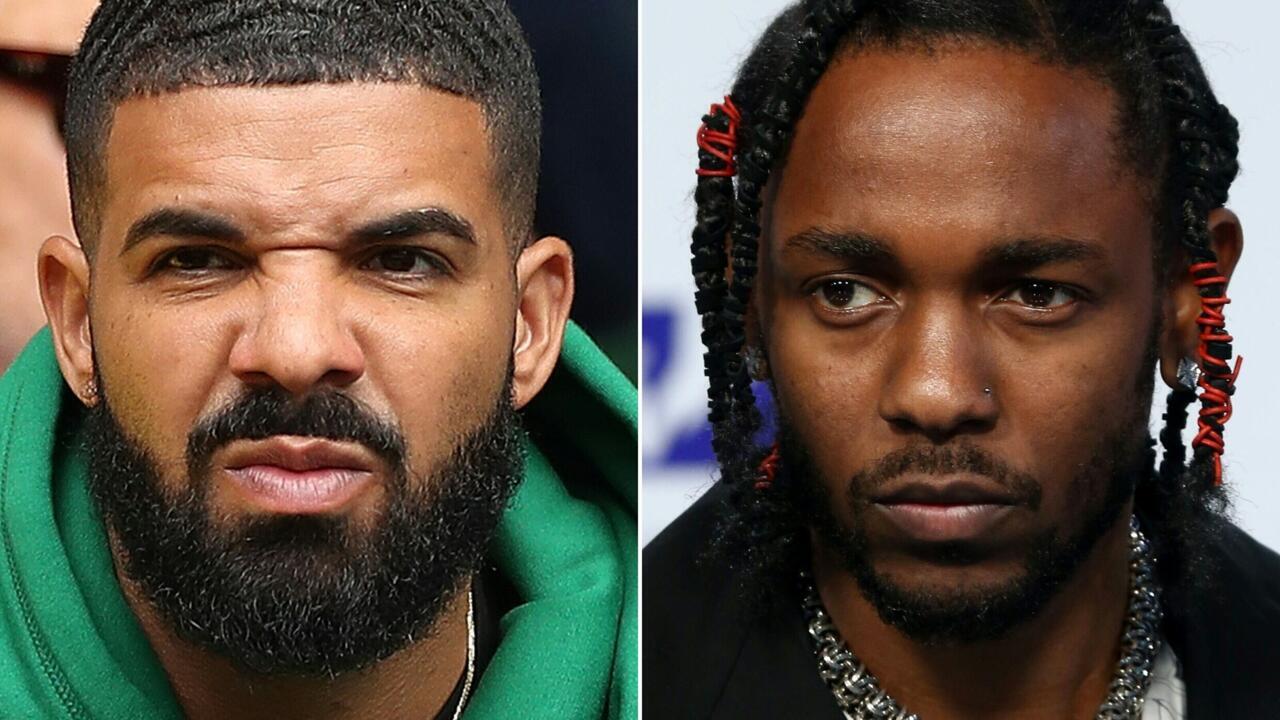
“This motion is a desperate ploy by UMG to avoid accountability, but we have every confidence that this case will proceed and continue to uncover UMG’s long history of endangering, abusing, and taking advantage of its artists.”
Drake’s Initial Lawsuit Against UMG
Drake first sued his own record label, Universal Music Group, in January, claiming it played a deliberate role in promoting Lamar’s diss track.
Drake alleged that UMG “approved, published, and launched a campaign” to turn Not Like Us into a viral sensation, despite its false accusations that he is a pedophile and calls for violence against him.
Drake’s legal team also took issue with the cover art and music video, alleging that they featured his Toronto home and used labels similar to those law enforcement employs to mark sex offenders.
UMG’s Initial Response
When Drake’s lawsuit was first filed, UMG dismissed the claims as baseless, emphasizing its long-standing investment in the rapper’s career.
“The notion that we would seek to harm the reputation of any artist—let alone Drake—is illogical,” a UMG spokesperson told. “We have invested massively in his music, and our employees around the world have worked tirelessly for many years to help him achieve historic commercial and personal financial success.”
The spokesperson also noted that Drake has regularly engaged in rap feuds and is now misusing the legal system to silence another artist.
“Throughout his career, Drake has intentionally and successfully used UMG to distribute his music and poetry to engage in conventionally outrageous back-and-forth ‘rap battles’ to express his feelings about other artists. He now seeks to weaponize the legal process to silence an artist’s creative expression and to seek damages from UMG for distributing that artist’s music.”
The label insisted it does not engage in defamation and vowed to vigorously defend itself against what it called frivolous litigation.
“We have not and do not engage in defamation — against any individual. At the same time, we will vigorously defend this litigation to protect our people and our reputation, as well as any artist who might directly or indirectly become a frivolous litigation target for having done nothing more than write a song,” the statement concluded.

